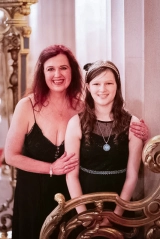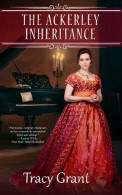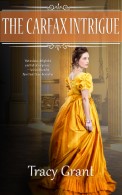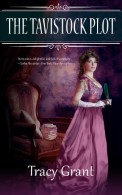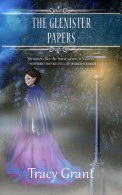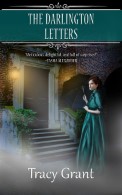I blogged a while back about my fondness for imperfect characters. As I wrote, “I’ve always found flawed characters much more interesting than the more conventionally heroic sort. Growing up, Milady de Winter was my favorite character in The Three Musketeers (I thought Constance was boring), I couldn’t understand why Lucie Manette looked twice at Charles Darnay when Sydney Carton was around, I much preferred Mary Crawford to Fanny Price.” Sarah wrote to me recently following up on this, because she’s reading The Three Musketeers and getting to know the fascinating Milady de Winter. Sarah wrote, “I know I tend to prefer heroines who use their ‘feminine wiles’ – or sexuality – to achieve their own way, instead of resorting to the cliched ‘PC’ approach of typically male methods, such as physical violence, and Milady is the perfect example of a strong woman.”
As with so many classics, my first introduction to The Three Musketeers was my mom reading it out loud to me when I was quite small. I remember her describing the book before we read it and saying “It has a fascinating heroine–I mean villainess.” That’s a perfect way to describe Milady, because while she’s definitely an antagonist to d’Artagnan, Athos, Porthos, and Aramis, she’s a compelling, fascinating character. (more…)
